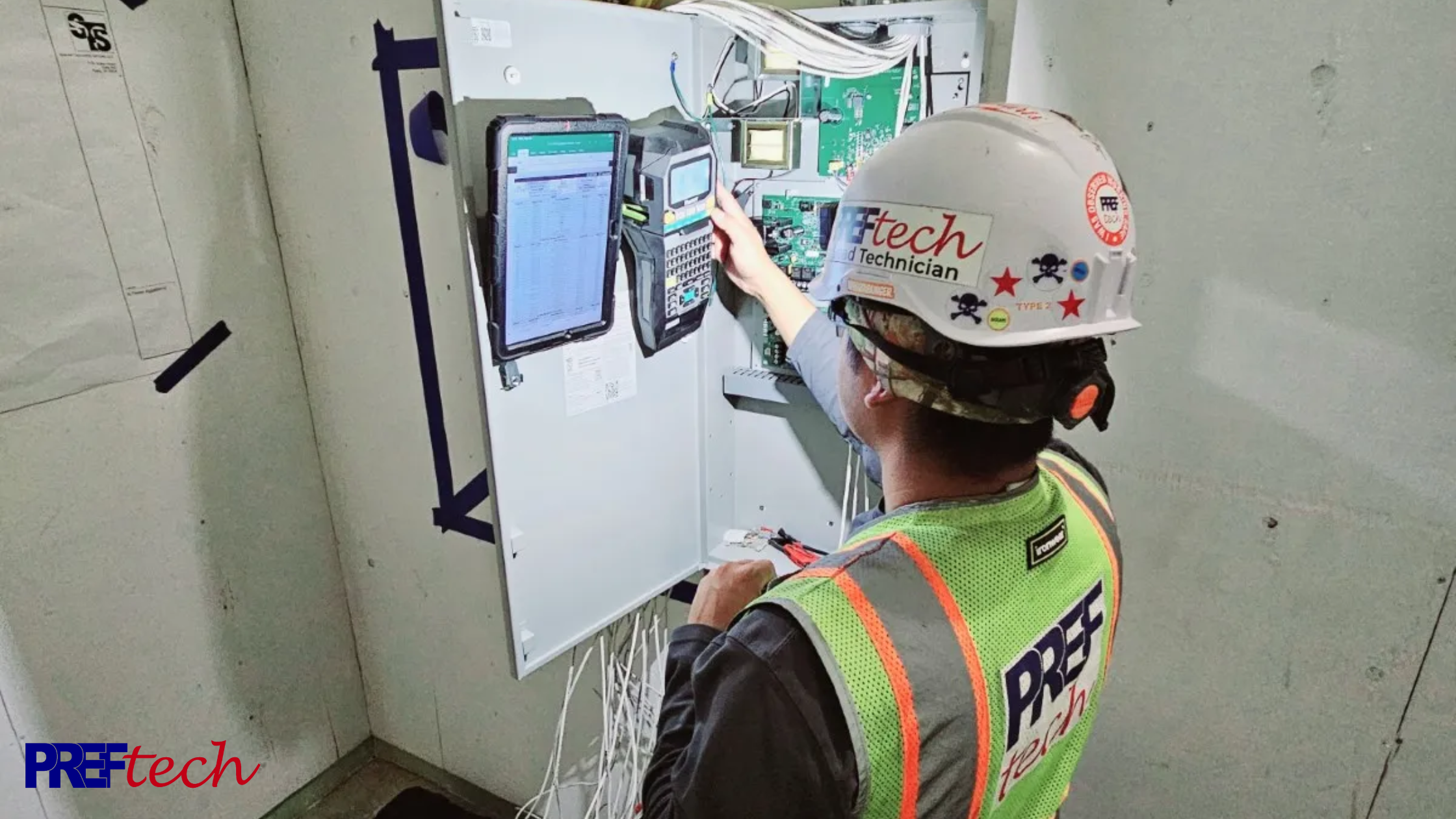
As organizations evaluate their security needs for the new year, the role of access control remains central. The upcoming year promises exciting advancements and new challenges in the world of security integration. For businesses looking to keep their organizations on the cutting edge, understanding the trends shaping 2025 can guide informed decisions and highlight integrators who are well-equipped to meet modern demands.
Biometric authentication technologies are reaching new heights in sophistication and adoption. In 2025, facial recognition systems will incorporate enhanced AI capabilities, enabling greater accuracy under diverse conditions such as varying lighting or partial facial obstructions. Additionally, modalities like iris scanning and voice recognition will see broader implementation.
These innovations will be particularly beneficial for organizations requiring high-security access points. Security integrators who prioritize privacy and compliance with data protection regulations will be in demand, as safeguarding sensitive biometric data is paramount.
While cloud-based systems continue to grow, edge computing will rise as a complementary technology. Edge-based access control processes data locally on devices, reducing latency and ensuring continued functionality during internet outages. This hybrid approach is particularly valuable for critical infrastructure or facilities in remote areas.
When seeking a security integrator, prioritize those with expertise in deploying and maintaining edge solutions. These systems require specialized knowledge to optimize performance and integrate seamlessly with broader security frameworks.
Mobile credentials will become the standard for access control, offering convenience and cost-efficiency. In 2025, advancements in secure mobile app technologies will address vulnerabilities such as cloning or hacking. Multi-factor authentication (MFA) will further bolster security, combining mobile credentials with biometrics or PINs.
Choose an integrator who emphasizes user-friendly solutions without compromising security. An effective security partner will provide training and support to ensure smooth transitions from traditional to mobile systems.
AI and machine learning (ML) will continue to revolutionize access control in 2025. These technologies will analyze user behavior to identify anomalies, such as unauthorized access attempts or unusual activity patterns. Predictive analytics will also play a role, enabling proactive security measures.
Security integrators leveraging AI-driven tools can offer systems that adapt to evolving threats. Look for partners who prioritize algorithm transparency and accuracy to avoid false positives or overlooked risks.
Access control systems in 2025 will integrate deeply with IoT devices, creating smarter and more connected environments. For example, smart locks will work with occupancy sensors to adjust room conditions dynamically, while IoT-enabled surveillance will enhance real-time monitoring.
A competent integrator should have experience in managing IoT ecosystems, ensuring secure communication between devices and minimizing vulnerabilities. Collaboration with IoT vendors is also crucial for seamless integration.
Blockchain technology will gain traction as a secure and transparent solution for access control. By decentralizing access data, blockchain reduces single points of failure and provides immutable records of access events, which are invaluable for audits.
Partner with integrators who understand blockchain’s complexities and can tailor its implementation to your needs. While still emerging, blockchain presents significant potential for industries prioritizing high levels of data integrity.
The visitor management experience will become more personalized and secure in 2025. Features like facial recognition check-ins, dynamic QR codes, and automated temporary access credentials will streamline the process.
Integrators specializing in visitor management can provide tailored solutions that meet regulatory and operational requirements. They should also ensure that visitor data is handled with care, adhering to industry-specific privacy standards
Touchless systems, such as gesture-based or proximity-based access, will evolve to offer greater precision and reliability. These solutions are invaluable in healthcare, hospitality, and other high-traffic industries where hygiene is a concern.
A forward-thinking integrator will offer expertise in deploying and maintaining these systems. They should also provide guidance on system upgrades to accommodate increased demand or new technology advancements.
With interconnected systems, cybersecurity remains a top priority. Threats such as ransomware and data breaches will require integrators to implement robust protective measures. This includes advanced encryption, regular vulnerability assessments, and incident response planning.
Ensure your chosen security integrator demonstrates a proactive approach to cybersecurity. Their ability to deliver secure configurations and respond to emerging threats is crucial to safeguarding your systems.
Selecting a security integrator is a critical decision that affects your organization’s safety and operational efficiency. Here are key factors to consider:
The trends shaping access control in 2025 highlight the intersection of innovation, security, and sustainability. Organizations seeking a reliable security integration partner should prioritize those who embrace these trends and provide solutions that meet evolving demands. At Pref-Tech, we are committed to staying ahead of industry developments and offering customized access control solutions tailored to your unique needs. With expertise in the latest technologies, strong vendor partnerships, and a focus on training and support, Pref-Tech ensures your organization stays secure and efficient as it navigates the future of access control.